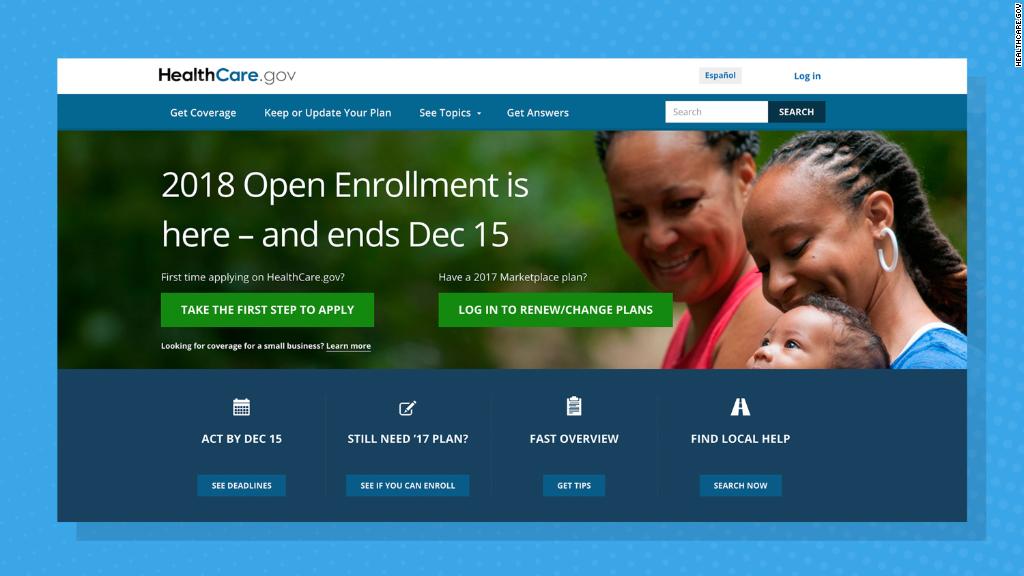
Late Tuesday night, the Senate Finance Committee released an updated tax reform bill that is expected to pass this week.
The reason for the update? The Senate had to make changes to reduce how much the bill would add to deficits.
They chose to make the vast majority of individual tax cuts temporary -- set to expire after 2025.
The change was made to accommodate complicated budget rules that Republicans have chosen to use so they can pass tax reform without any Democratic votes.
By contrast, the bill still makes permanent the corporate tax rate cut to 20%, along with most other business tax provisions.
Related: 3 ways the tax bills could affect homeowners
As it is, Republicans in the House and Senate have already agreed to let a tax reform bill add $1.5 trillion to deficits over 10 years. But because of the complex budget rules allowing passage on a strict party-line vote, the bill is not allowed to add to deficits beyond the first decade.
Making all tax cuts permanent would violate that rule. So Republicans have essentially created yet another major fiscal cliff in 2025 akin to the one Congress dealt with in 2012 when faced with the expiration of the Bush tax cuts.
And just as lawmakers in 2012 chose to make the majority of Bush tax cuts "permanent," Republicans are likely banking on a future Congress to do the same in 2025.
"Does anyone really believe Congress will allow the individual tax cuts to sunset in eight years? This is an obvious ruse to hide very real costs and make more room for debt-financed cuts and giveaways," said Maya MacGuineas, president of the Committee for a Responsible Federal Budget.
Related from CNN: GOP in House and Senate confident they have vote on tax bills
If those tax cuts are extended, the bill will add much more to deficits over time than the official "score" of the bill will reveal.
And that means that sometime in the future, should lawmakers decide they need more money to, say, keep paying promised benefits in Medicare or Social Security or to keep pace with fast-growing interest payments due on the nation's debt, they'll need to either raise taxes or cut spending even more than otherwise might be the case.


